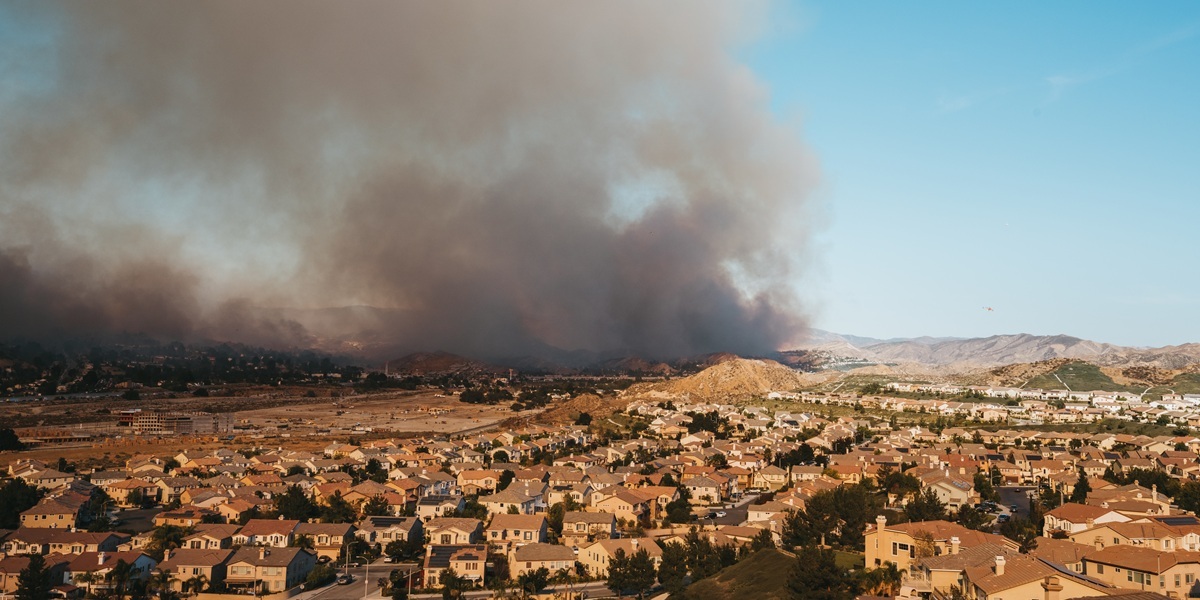 There's nothing like owning or renting a home to teach you a few things -- whether you like it or not – about your heating and air conditioning system. And judging from what Experts In Your Home sees and hears from our customers, they are one smart group of people.
There's nothing like owning or renting a home to teach you a few things -- whether you like it or not – about your heating and air conditioning system. And judging from what Experts In Your Home sees and hears from our customers, they are one smart group of people.
So, just for fun, try testing your basic knowledge with our true/false and multiple choice quiz, with general questions and those specifically about furnaces, air conditioners and heat pumps. Rather than keep you hanging in suspense, we've supplied the answers at the end. Try not to peek and ruin all the fun!
1.) HVAC stands for heating, ventilation and air conditioning:
A: True
B: False
2.) An HVAC system accounts for approximately what percentage of most Americans' total annual energy bill?
A: 10 to 15 percent
B: 20 to 25 percent
C: 30 to 35 percent
D: 40 to 55 percent
3.) Relative humidity refers to:
A: The amount of moisture in the air
B. The amount of moisture in the air relative to the maximum amount possible before the air becomes saturated
4.) Insufficient moisture in a home can cause:
A: Dry, itchy skin
B: Clogged sinuses
C: Aggravated asthma and allergy symptoms
D: Increased risk of bacterial infection
E: All of the above
5.) A zoned HVAC system refers to:
A: Obtaining the proper zoning permits from a municipality
B: Dividing a home into zones equipped with separate thermostats
C: Neither
6.) The advantages of a programmable thermostat are:
A: Lower energy costs
B: Flexible, multi-day programming
C: The ability to alter temperatures via a smartphone
D: All of the above
7.) The size of a heating system is directly related to how efficiently it heats a home:
A: True
B: False
8.) How often should you check your furnace filter?
A: Once a week
B: Once a month
C: Once a year
D: A homeowner should never check the filter
9.) A cracked heat exchanger on a furnace can cause the flame to:
A: Burn improperly
B: Produce soot
C: Give off carbon monoxide
D: All of the above
10.) AFUE refers to the efficiency rating of:
A: Furnaces and boilers
B: Air conditioners
C: Heat pumps
11.) SEER refers to the efficiency rating of:
A: Furnace and boilers
B: Air conditioners and heat pump cooling
12.) HSPF refers to the efficiency rating of:
A: Furnaces and boilers
B: Air conditioners
C: Heat pump heating
13.) Air conditioners and heat pumps cool a home by:
A: Bringing cool air into a home
B: Extracting heat from within a home
C: Neither one
14: Heat pumps produce heat by:
A: Combustion
B: Absorption
15: Heat pumps can offer substantial energy savings
A: True
B: False
16.) It's normal for the outside coil of a heat pump to have light ice on it in the winter:
A: True
B: False
17.) Steam coming from the outdoor section of a heat pump, sometimes accompanied by a loud noise, means:
A: There is a catastrophic problem
B: The pump needs refrigerant
C: The pump is functioning in its normal defrost mode, and the noise is resulting from the shifting of the reversing valve
18.) If you have any questions about the answers that follow, don't hesitate to call Experts In Your Home for a full and enthusiastic explanation:
A: Absolutely yes
Related Articles:
Home Energy Self-Audit: Does Your Heating System Make the Grade?
Troubleshooting Tips Before Calling a Heating Repair Service
The answers are as follows: 1: A; 2: D; 3: B; 4: E; 5: B; 6: D; 7: B; 8: B; 9: D; 10: A; 11: B; 12: C; 13: B; 14: B; 15: A; 16: A; 17: C; 18: A
The next time you have questions about your heating and air conditioning system or home maintenance issues in general, remember Experts In Your Home. Our heating and air conditioning experts serve Chico, Paradise, Oroville and surrounding areas.








